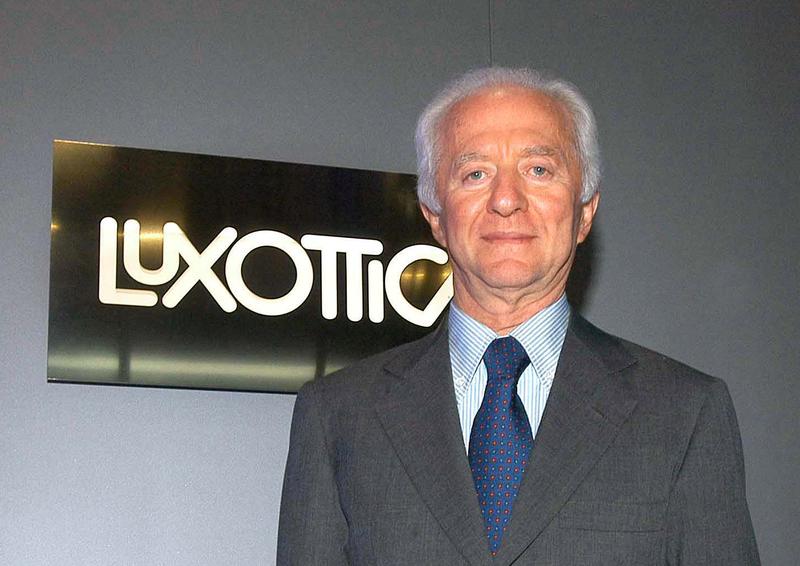
"How I Learned to Stop Worrying and Love Big Government"
"Musallam figured out that defense contractors would be fertile buyout targets for funds willing to deal with the idiosyncrasies of government contracting."
>Defense, healthcare IT, cyber security
forbes.com/sites/nathanva…
"Musallam figured out that defense contractors would be fertile buyout targets for funds willing to deal with the idiosyncrasies of government contracting."
>Defense, healthcare IT, cyber security
forbes.com/sites/nathanva…
“I and the firm maintain a very close proximity to government because government is at the forefront of all the complexities and issues that confront us”
“He has quietly built an extremely valuable business being at the intersection of government-regulated markets and technology"
“He has quietly built an extremely valuable business being at the intersection of government-regulated markets and technology"
“The U.S. government is the largest single investor in technology, bar none, by multiples of what the entire venture capital community invests—dozens of different federal agencies investing directly into companies,” Musallam says.
Hope for the home schooled
“We were literally in the middle of nowhere—there was nothing there,” recalls Musallam of his years in Africa. “We were homeschooled and learned through correspondence. There was no iPad. We would do an assignment and my mom would mail it in.”
“We were literally in the middle of nowhere—there was nothing there,” recalls Musallam of his years in Africa. “We were homeschooled and learned through correspondence. There was no iPad. We would do an assignment and my mom would mail it in.”
"The funds have lost money on only a single investment ($87 million on a solar panel company in New Mexico)"
• • •
Missing some Tweet in this thread? You can try to
force a refresh









